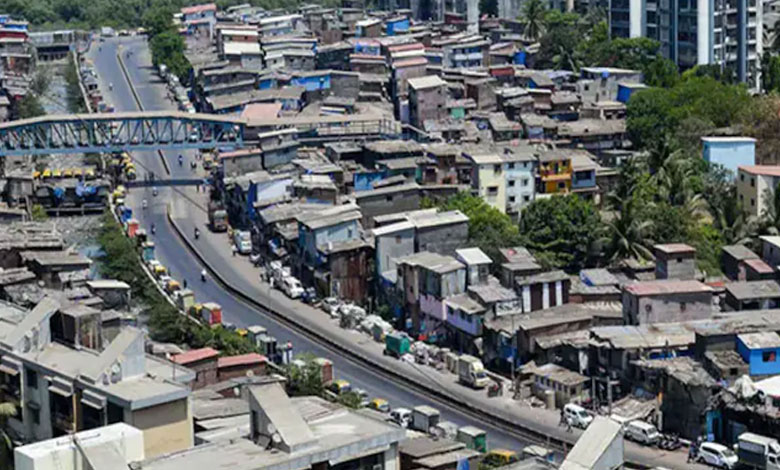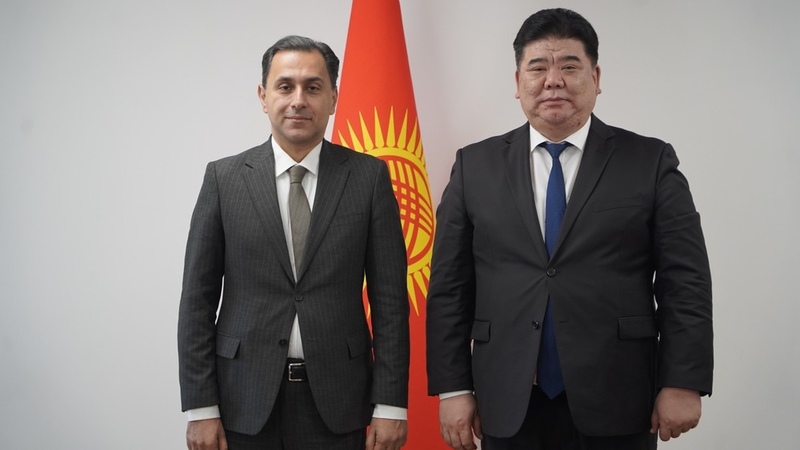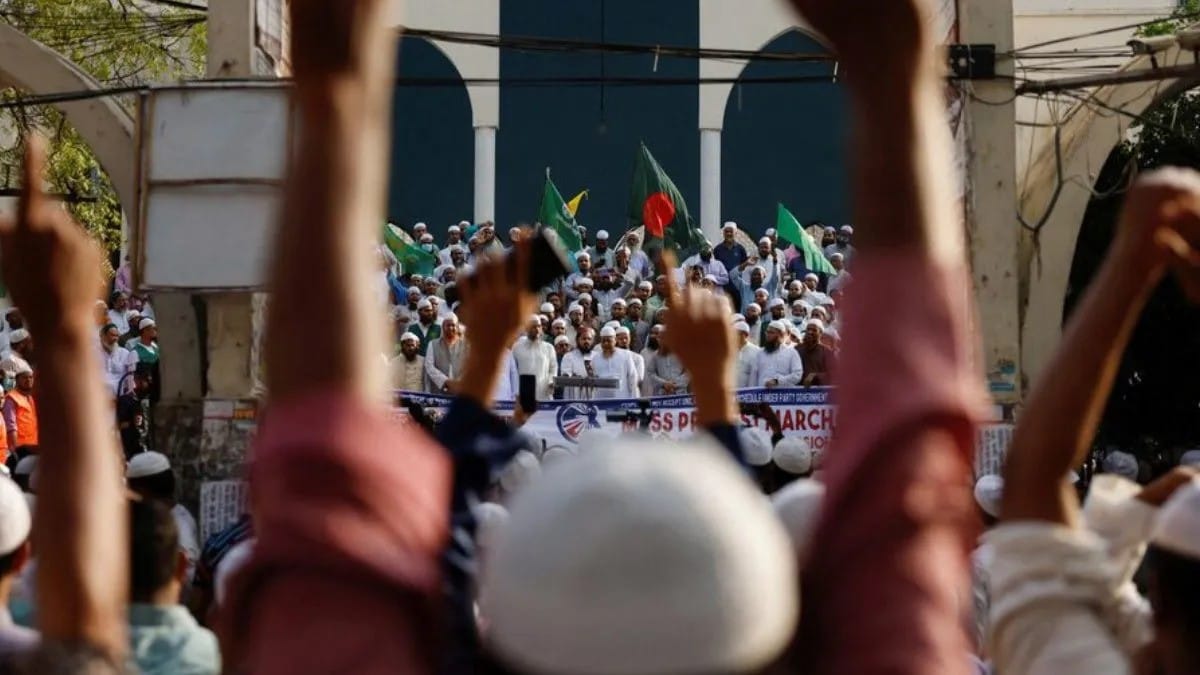
By Sunday Ani Chieftain of the Social Democratic Party (SDP), and the party’s presidential candidate in the 2023 general elections, Prince Adewole Adebayo has given tips on how to ensure the conduct of credible elections in Nigeria. According to him, everyone involved in the process knows what to do, adding that those who go out to vote too, should do so without expecting personal gains from it. He also spoke about President Bola Tinubu’s economic team, saying it is uncoordinated and suffering economic illiteracy.
He spoke on these and other issues. What do you make of the finance minister’s statement about the country’s borrowings? I always wish there will be a good day for Nigeria, but it is not a good day when the finance minister believes the day he goes borrowing in London is a good day. How can it be a good day when Nigeria goes overseas to give investments in the capital market from the excess production that we have? No minister that we had in the past would say the day we went borrowing was a good day.

But, even advanced countries like America also borrow, right? America borrows from within. You borrow from your own currency. I am not quarrelling with them borrowing from the currency they issued.
When you are borrowing Euro bonds, borrowing currency from other people in other capitals of the world, it’s a sign of crisis. Yes, you can do it but you don’t say it’s a good day for you. If you are anaemic and your neighbour comes to donate blood to you, you should be grateful but you don’t say that’s the best day of your life, because you are not supposed to be anaemic in the first place.
They need to run the economy in such a way that we can generate capital for ourselves. Fundamentally, I think they are uncoordinated. Even though he is supposed to be the coordinator of the economy, he is not coordinated.
The thinking isn’t coordinated but if they coordinate well and work with us as a population, we should be able to generate wealth for the country. You once said the Tinubu government is suffering from economic illiteracy. Can you expatiate on that and what do you make of the parameters of the 2025 budget given the $75 per barrel of crude oil benchmark? The parameters are a bit basic and elementary.
Even in those basic elementary parameters, they are not sincere about them. They don’t want to meet them because they are not realistic. The exchange rate they fixed is unrealistic.
Given the other measures they have taken, I think it is the lack of coordination that concerns me. I hope that Tinubu’s 2025 budget works. I want them to succeed.
I want investors to come to Nigeria. I plead with anyone to have confidence in the economy of Nigeria. That is my desire, even though I am in the opposition.
However, they are self contradictory as these contradictions would at the end of the day prove themselves. For example, in their mind, if they are able to succeed, they are working towards 15 percent inflation, but any basic micro-economist knows that you must never have double digit inflation. It is one thing to have a high BP, and the doctor tells you he will only give you medium BP; the doctor wants to kill you because his job is to return your BP to normal.
The objective they set, even if they succeed, is a failure on its own. A thousand miles start with a step they say, don’t you believe that? This idea of 1000 miles is not Usain Bolt winning the gold medal all the time. That’s not the philosophy of people who want to win.
I saw the minister and I heard him and I understood his philosophy. I am not against him in person. I like him as a finance person who can manage your assets like a merchant banker.
There are two things you need to do with the type of our size of development. First is the fiscal and budgetary housekeeping. The government budgets for itself in the first part of the budget.
Then, the second part of the budget signals to the rest of the economy and creates a stimulus for areas they want to emphasize, and then uses other incentives to encourage others to do investments. They are sending wrong signals. First, in their own housekeeping, they are wrong in the way they are going about it.
You can never say to anybody, especially somebody that understands basic microeconomics that your inflation rates cannot be lower than your unemployment rate. You have already got it upside down. If you have a 15 percent inflation rate, definitely, your unemployment cannot go below 15 percent because of the way you run the economy.
If you listen to the gentleman again, he painstakingly celebrated the idea that they have 25 million households that they are trying to give little money to. Why don’t you have 25 million households from whom you are going to give employment? So, you have a social register for people you want to give money but you don’t have a register of unemployed people that you can give jobs to. What sense does it make? The idea that you are going to imagine manufacturing by thinking that if you give N50,000 to any enterprise, whether small, medium or micro, is invisible; N50,000? If the person comes to your office to collect the money, he will spend about that on transportation.
If you say you want to grow the economy by bringing investors, don’t you understand that borrowing money in the bank is just one of the factors of production? Loan capital, for example, won’t you realise that there are other paper expenditures like labour cost, infrastructure cost, and other costs. If you are driving those costs above sustainability, there is no way you can generate employment or capital in the economy. The INEC chairman said Ghana learnt lessons from Nigeria in their just concluded general election.
What do you make of his statement? Yes, they took a lot of lessons not to be like Nigeria. That is what it can mean logically because the INEC chairman is a professor; he must be speaking in some sound way because what Ghana has done is exactly the opposite of what we did. They tried to make their own credible.
We tried to make ours not credible even though we invested more in terms of technology, and quality of manpower. You don’t go to other countries and find professor emeritus, dean of faculties, and vice chancellors coming to be returning officers. You talked about credibility; it’s one thing to talk about a problem, it’s yet another thing to proffer solutions.
What can Nigeria do to have credible elections in terms of voter participation? Everybody involved knows what to do. The question is if they have the attitude to do it. Three things you must have for good elections – You must go to an election with the attitude of winning or losing honestly.
You shouldn’t be desperate. Secondly, those who participate in it must know that it is a constitutional duty that goes beyond putting the government in place. It is a duty they owe the society as a whole, so they do it with integrity.
Thirdly, they should not expect personal gain from it. Those who come to vote should not expect to sell their votes. Those who administer elections should not collect bribes to administer elections.
Journalists who carry the news should be truthful to the country and the judiciary when asked to come and look at some of the errors should try their best Talking about the judiciary, will it ever get to that stage where we would not need the judiciary to decide our election? Left to me, we can get there today. What we need and I have advocated it all the time, is that you take the mainstream judiciary away from elections for the sake of the country and the judiciary itself. Then, you must have a constitutional court that you set up, not from the regular judiciary, maybe retired justices; people who are no longer in a promotion or anything like that.
You bring them together. When you bring them together, they do three things. The election is not finalised until that constitutional court has looked into it.
Secondly, the person that lodged a complaint against an election doesn’t have to prove anything. All he has to say is that I don’t agree with the election. The burden of proof that the election was in order should be on INEC because INEC knew where the bodies were buried.
You cannot tell somebody who didn’t conduct the election, ‘I give you 21 days to tell me everything that is wrong with the election.’ Thirdly, people should not assume that because you lost an election, it is automatically rigged. That should not be the attitude.
There should be fewer petitions based on merit. When you say there is a low approval rating of INEC from Nigerians, isn’t it politicians like you that put more challenges on the INEC by trying to circumvent the rules? No doubt, the problems of Nigeria are traceable to the political class. When I addressed the House of Representatives forum recently, I told them that Nigeria needs to rehabilitate its political class because when you have a decent political class and people of integrity, many of the problems associated with politics or politicians will be removed.
The INEC itself has a bit of connivenance whether for the sustainability of their appointment or whether people have discovered that they can get rich by taking advantage of the desperation of politicians. Most of the problems of election don’t arise from the INEC. They arise from the political parties.
More political parties commit crimes in their primaries than they accuse the INEC of. So, whatever error the INEC commits, politicians even commit more. People bribe delegates for elections.
Party chairmen and secretaries switch names like the game of domino. So, the political class is guilty. I agree with that, but INEC is supposed to be a professional class.
In that case, they should not collaborate with the politicians. The INEC chairman said in Ghana that rarely do you see people cross-carpet. But here in Nigeria, you can say that PDP is APC and you won’t be wrong.
Take it further, there appears no opposition in Nigeria, it’s like dead, including your party? The issue is this, let’s start with INEC. The problem in Nigeria is that everybody is an expert in other people’s business. It is not the duty of the INEC chairman to teach politicians how to politick.
His job is to administer elections. Leave them to cross-carpet; that is outside your power. What you should do is to conduct credible elections and monitor your staff to see that you don’t switch elections; you don’t switch off the servers; you don’t do nonsense that is associated with electioneering.
Once you have cleaned your own Augean stable, you can have the moral standing to now pontificate for others. With respect to the opposition you talked about, opposition in our system of government is opposition to ideas, not opposition on the streets. The problem people have with opposition is that Labour Party, PDP, APC are all of the same philosophy.
You didn’t include the SDP. We have a different philosophy. How is yours different from others? We are left of the centre and our policies are different.
If you listen to us during the campaign, you juxtapose our policies with that of Peter Obi, President Tinubu and Atiku Abubakar, you will think they were written from the same script. They are in different parties but they believe in the same economic theory. If Obi was in power, he would find another person, not Wale Edun, who sounds like him.
On cross-carpeting, it is not a major problem. It is bad. But the important thing is that you must have a definition of ideas.
If somebody crosses from PDP to APC, he hasn’t really crossed. It’s like one moving from one room to another within the same bungalow. It is when somebody crosses from an ideological divide that you talk about defection.
So, they are parties of the same ilk. What Nigerians need now is to invest the attention, belief and time in alternative thinking. And to say there is no opposition, the job I am doing now is constructive opposition.
What do you make of rotational presidency? Rotation is at two levels. You must rotate according to the geopolitical zone for peace to reign among the elite. But you must rotate from the elite to the people for growth and justice to happen in Nigeria.
If you are rotating from North to South and all of that and rotating about the same wasteful elite who have no idea, you will be rotating poverty, insecurity and others. But if you rotate inter generationally from the old people to the young ones and ideologically from those who follow the International Monetary Fund (IMF)-World Bank to those who have indigenous ideas, authentic and pro Nigeria ideas, you would have some progress for the country..















